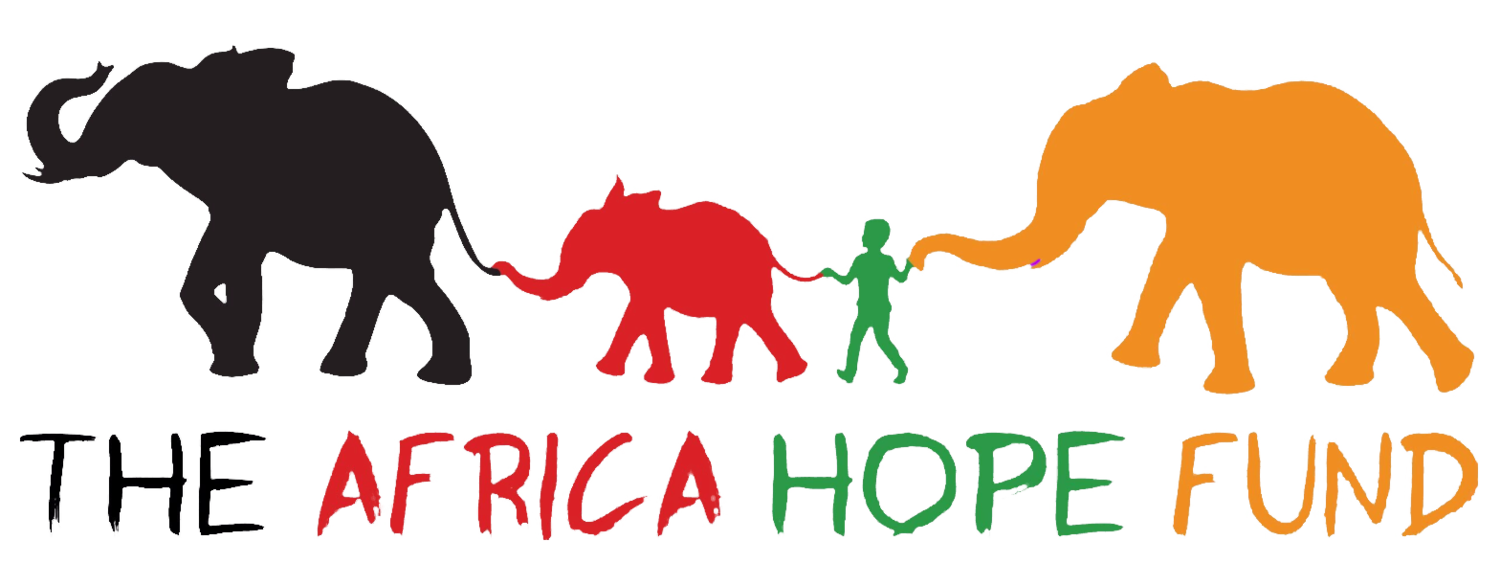As Poaching Escalates We Commit to Fighting
Poaching Escalates, And We Commit To Helping Any Way We Can
In Zimbabwe, in 2013, cyanide was used to poison watering holes, killing 325 elephants for their tusks along with the other wildlife that depended on that watering hole. In 2015, fourteen elephants died from eating cyanide-laced oranges, and 22 died from drinking from a watering hole where poachers dumped cyanide. Cyanide is widely used in mining and is readily available. Vultures and other carnivores also died from eating the dead elephants. Wildlife conservation agencies are working harder to closely monitor the places where this occurred, using scouts with detection dogs and drones for surveillance, but until the demand for ivory ceases, it will continue to provide a source of income through illegal activity.
When poachers kill game like antelope, Cape buffaloes, fish, or even hippos, they dry it over a fire on wood drying rack which allows them to carry it for miles through the bush to their destination. Scouts and aerial searches often find them by spotting the smoke spiraling up into the sky, usually along a river or tributary. Poachers also use nets to catch fish illegally in vast quantities which they smoke over drying racks. They do not leave fish for law-abiding villagers who depend on them. To make matters worse, they often use mosquito nets unwittingly provided by well-meaning organizations to help prevent malaria. These nets are often treated with chemicals like permethrin to kill mosquitos, and this toxin finds its way into the rivers and water supplies and poisons aquatic life. All of this information was sobering.
At dinner, our guide Manda talked with us about his life at home with his family and answered more wildlife questions until we were finally ready to be escorted back to our rooms for bed. It was a long day for Manda, but he would return the next day loaded with knowledge from his studies during the rainy season.
Each night after dinner, Lindsey and I climbed into bed and listened. The night sounds from the bush aren't a solo song, they're a symphony, and I can’t separate the harmony from the melody. I snuggle down under my mosquito netting with barely enough energy to read a daily meditation Lindsey and I have begun to enjoy at bedtime. I live differently here. I’ve left most of my stressors at home, and I’m too far away to do anything about them. They might as well be on another planet.
I’ve had a day of fresh air, beauty, and excitement. I’ve seen Africa the way I dreamed I would. I conquered physical challenges. This escape has made me look at life differently. Elephants are pulling branches off trees nearby for dessert, and no doubt hippos are rolling cigars.But there’s an uneasiness now that I’m aware that at the current rate of poaching this Eden might not last much longer. My grandchildren may never experience this part of the African Continent the way I have. Even more importantly, this extinction of a species killed so horribly by humans will destroy tourism and the people who inhabited the Luangwa Valley since the Stone Age will be forced to leave their small villages and their families will scatter into inhospitable cities to cobble a living together.
Written by Patricia Cole
An Africa Hope Fund board member for 7 years, Pat is a writer and a conservation activist. After traveling to Zambia, she became dedicated to helping Africa Hope Fund provide education to the next generation of Africans and ensure their future by protecting wildlife. Find Patricia on Facebook and Twitter, or on her websites www.writepatwrite.com and www.patmcole.com.
Enjoy reading this Elephant Blog post? Help support our future posts by becoming a Patreon supporter!

